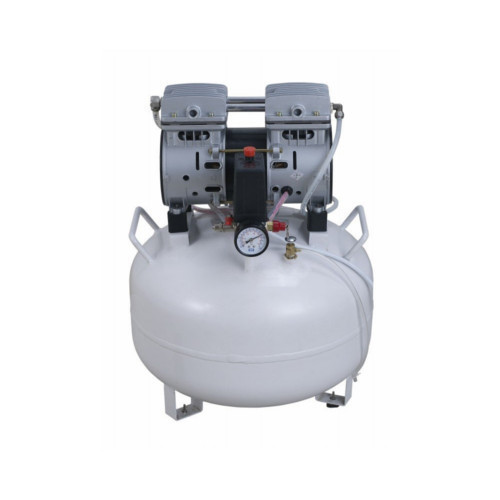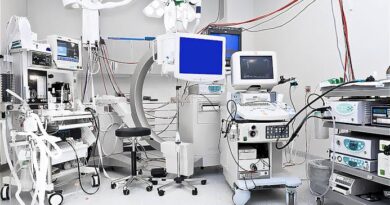Here’s What You Should Look For When Shopping for Dental Compressor
The dental compressor creates compressed air in a high-pressure tank transported to dental equipment via tubes constructed for this function. Dental compressors require electricity to generate this compressed air and provide ample capacity to deliver compressed air quicker than we use in the dental clinics.
We use compressors in various fields, but dental clinic compressors have special requirements for sanitation and air quality, so we can only use dental compressors in clinics. It’s called “the lung” and one of the critical instruments of a dental practice.
Picking the correct dental compressor will help you develop a practice primed for success, while selecting poorly could hurt your clients. Although the use of a specific type of air compressor doesn’t ensure the absence of pathogens, it helps to choose a compressor that can have the highest possible air quality.
This will make it challenging for any clinic owner to know what to look for in a dental air compressor and pick the correct one for both company and patient interests. This article focuses on the proper dental compressor’s key elements, discussing what you’d like to learn how to keep everybody safe and your procedures successful.
Plunge in and read well so you can give the right treatment, from cleaning and crowning to specialized surgery.
Here are three significant factors in selecting the best air compressor for your dental practice:
Power: Most dental clinics need compressors to run between one and five horsepower to effectively operate their machines. Each compressor would have a separate power rating for the pump being used to compress air. Pumps have a broad amount of power specifications, and the bigger the pump is, the longer you’ll be capable of supplying. Just note, the more equipment you want to operate, the better you need your compressor to be.
Pressure: Every dental equipment requires a certain level of pressure to work properly, and air compressors should have adequate pressure to run all the tools simultaneously. Check the equipment you need to see their pressure specifications, which are usually described and weighed in the bar. For specific dental applications, such as handheld instruments, you’ll notice about five bar specifications. Go a bit higher than the bar minimum so you can guarantee that you have adequate pressure while the compressor drives several stations or compensates for any reduction in pressure through the pipe.
If you are going to operate devices with very little pressure, you can damage the device and potentially injure your clients. When dealing with drills, pressure loss will limit your capacity to cut or drill as required, make it take more time to care for patients, raise your employee’s hourly costs, anesthetics, and even per patient’s utility costs.
Production: Devices can also present you with the specification for cubic feet per minute (CFM) or litres per minute (LPM) to let you understand what they need to function correctly and adequately during the whole process. As with pressure, a compressor that reaches the total required CFM or LPM requirements is generally recommended so that you can hold equipment in tip-top condition.
Dental devices also expect a load of 25%—where you use one of every four minutes—and this is expressed in the CFM ranking. Suppose you choose to conduct complicated procedures more frequently or use the instruments over extended periods. In that case, it is best to select a CFM that is considerably higher than the instrument minimum.
Knowing what you need to look for in a dental air compressor depends on your specific circumstances. Dental clinics need compressors for complete service. This urgent requirement often leads the operator to jump in front of them at the cheapest available alternative, leading to problems down the way. Only pick one that offers your patients healthy and convenient treatment, and you will be ready!




